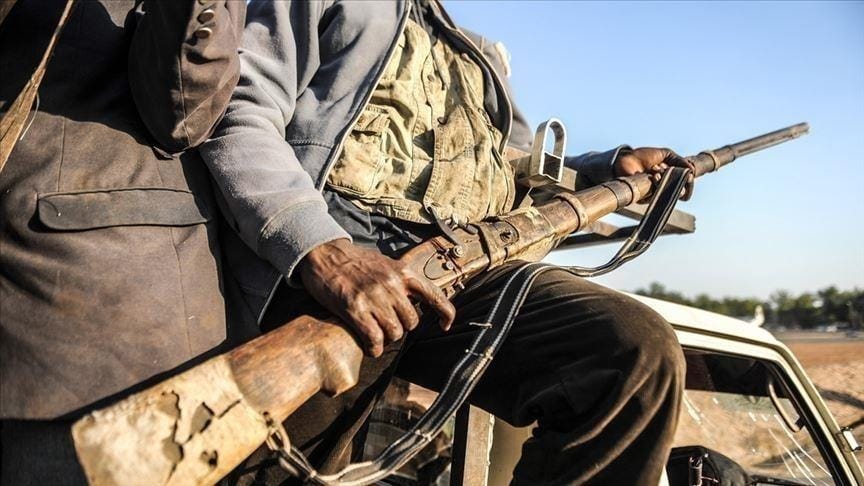US President Donald Trump recently warned that Washington might take military action if the Nigerian government fails to protect Christians, posting on social media that any response would be “fast, vicious, and sweet, just like the terrorist thugs attack our CHERISHED Christians.”
In response, Nigerian President Bola Ahmed Tinubu emphasized that the country protects freedom of religion for all citizens, noting that Nigeria opposes religious persecution and guarantees constitutional rights for people of all faiths.
Religious leaders and analysts highlight that the violence is not targeted at any single religious group. Reverend Yohanna Buru, a cleric based in Kaduna, told Anadolu Agency that attacks in the northwest and north-central regions affect everyone, noting that both mosques and churches have been targeted.
Political scientist Abdullahi Musa added that the problem is rooted in governance, inequality, and resource distribution, rather than an interfaith conflict. He explained that while Christians have sometimes been attacked, Muslims in the same regions often bear the brunt of insurgent violence from groups such as Boko Haram and Islamic State West Africa Province (ISWAP).
Data from the Armed Conflict Location and Event Data Project (ACLED) shows that 1,923 attacks on civilian targets occurred in Nigeria this year, with only 50 incidents directly linked to Christian identity. ACLED noted that although some insurgent groups frame their campaigns as “anti-Christian,” the violence frequently affects all communities indiscriminately.
Experts warn that understanding the crisis as primarily religious risks oversimplifying Nigeria’s complex security challenges, which include terrorist groups, armed gangs, ethnic militias, and herder-farmer conflicts, all fueled by social and economic tensions.



